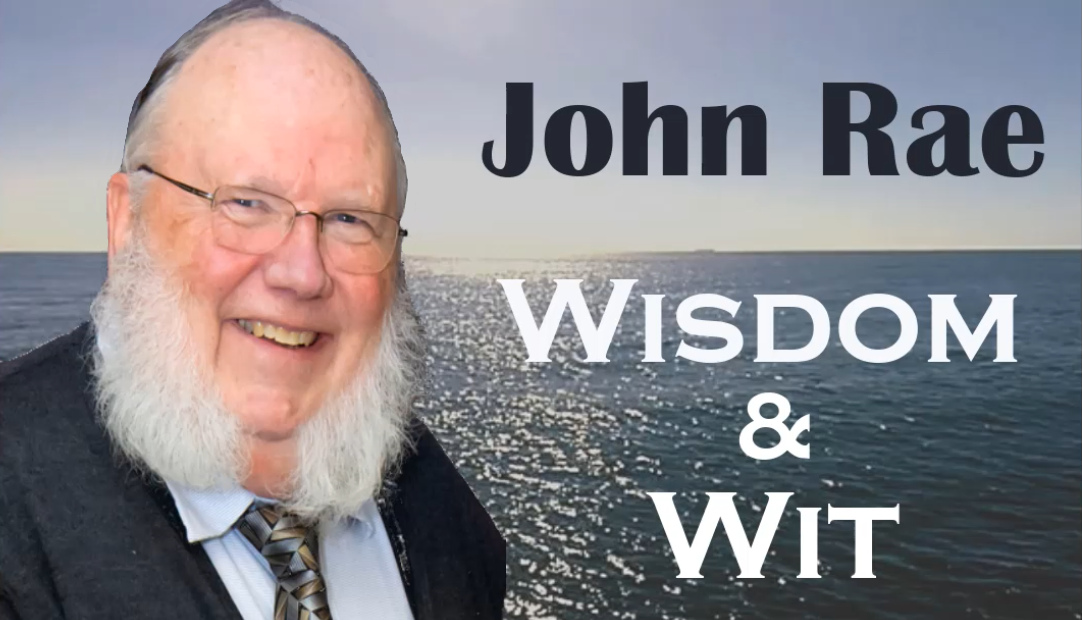The other day I listened to an online discussion among three prominent public intellectuals. Jordan Peterson, Douglas Murray, and Sam Harris. They were lamenting the current destruction of what they considered the positive aspects of Christendom. Interestingly the uber-atheist Richard Dawkins, the author of the book “The God Delusion” recently made a similar point on his social media.
In their initial academic pursuits, they each had been attracted to the foundational principles of what you could call the “liberal enlightenment” as being the ground that could provide the nourishment on which to grow a moral and ethical society. Now they weren’t so sure, in that the ideas rooted in that substrate were not producing the fruit that they had initially hoped for but a crop of poisonous ideologies that were actively hollowing out Christendom.
The liberal enlightenment was built on the perceived strength of rationalism. That analytical and logical forms of thinking were all that was needed to construct the “good” life. Now, within certain substrates of reality, rationality is an excellent toolkit, but that toolkit also contains the temptation to hubris.
The Enlightenment seems to say, “Now that our rationalism has reversed engineered the ‘11 magic herbs and spices’ we don’t need the Colonel anymore. We can totally take it from here, thank you. The stylized image of the Colonel has some value, but only in a marketing sense. We’ll rebrand as KFC and wean ourselves away from our original roots. The empirically verifiable slogan, “It’s finger lickin’ good!” is good enough to ensure our ongoing success.”
The rationalist project begins with the philosopher Rene Descartes’ statement, “I think therefore I am.” The belief that his thinking, his rational ability, is what gives him the certainty of his ‘I-am-ness’, his being. His ontological status then is self referential.
The Christian apologist Jason Lyle has a retort to the statement “I think therefore I am” when he points out that God says, “I AM therefore you think.”
Back to Peterson’s, Murray’s, and Harris’ conversation about having second thoughts about the rationalism that they initially had found so attractive.
It was like they were talking Biblically. The seed that they had planted in the ground of their lives had sprung up and produced an impressive growth initially but ended up producing substandard fruit. Their conversation struck me like the “debriefing” conversation that Adam and Eve might have had after their episode in the garden. The fruit offered to them by the serpent had been “pleasing to the eye” but after eating it they discovered it was poisonous and would lead to the death of them.
The attractive seed that those intellectuals had planted could only drive its roots down as far as the aquifers of the philosophical and the political, rationalism’s home turf, but sink no deeper. Their implied question was: Where to you find seed that can drive its roots into a deeper reality and produce good fruit?
In thinking about this question in the context of Easter; the political and philosophical powers of Jesus’ day assumed that they were just crucifying some Galilean troublemaker, but little did they realise that when they planted that cross on the rock of Golgotha, they were also planting the tiny seed of pure love, which has the power to sink its roots into the deepest of all aquifers where the living waters flow. That tiny seed of pure love is like the mustard seed, in Luke chapter 13, where even though it is the smallest and most inconspicuous of all seeds it eventually grows into the largest of all plants and becomes a tree that the birds come to and nest in its branches. (A description of Christendom). Peterson, Murray, and Harris don’t want that tree to be cut down.
Our resident theologian, Dr. David Deane has written a book on Catholic moral theology called “The Tyranny of the Banal” where he points out that if society’s ethics are rooted in only the philosophical and the political then whatever fruit is produced will be substandard, by default.
Theologian and particle physicist John Polkinghorne proposed the following model of the substrates of reality:
- ONTOLOGICAL - Why is there something rather than nothing?
- MYSTICAL - That which transcends ordinary experience.
- MORAL - What is good?
- MATHEMATICAL - The blueprint behind the universe
- PHYSICAL - The ‘stuff’ of our world
- SOCIOLOGICAL - Our relationships with one another
The home turf for the philosophical and political are the bottom 4 substrates: Moral, Mathematical, Physical and Sociological. In the enlightenment liberal calculus, the Ontological and Mystical can be factored out of the empirical equation early in the process.
If you think of Polkinghorne’s six substrates as the strings on a guitar it takes all 6 strings to produce the full range of chords available on that instrument. Enlightenment liberalism attempts to play the full repertoire of reality on only the bottom 4 strings. Trying to transcribe everything into this limited range of tones produces the truncated sounds that I believe David Deane refers to when he talks about the banality of our current culture.
Behind the banal there is a thirst for the Ontological and Mystical. C. S. Lewis talks about “Sehnsucht” which is a glimpse through a window to another world—one in which your soul would be at home. You can see the manifestation of this “Sehnsucht” in the current uptick in the number of both Catholic and Protestant conversions. People are finding the banal has become insipid and they have a longing for the transcendent.
This is observable in the lyrics of the Pink Floyd song, “Comfortably Numb”:
“When I was a child, I caught a fleeting glimpse Out of the corner of my eye I turned to look but it was gone I cannot put my finger on it now. The child is grown the dream is gone I have become comfortably numb.”
That “fleeting glimpse” is Roger Waters’ memory of “Sehnsucht”, for which he still has an innate longing, but he has now settled for the banality of becoming “comfortably numb”.
At St. Benedict’s I am sometimes asked to talk with people from other Christian traditions who have expressed an interest in being received into the Catholic Church. What is drawing them is not necessarily the homilies, or a certain paragraph in the Catechism, or the friendliness of the congregants but a famished craving for Jesus in the Eucharist. They have a longing for the Sacramental life. Interestingly the sacraments of the Church operate primarily at the Mystical and Ontological levels of reality.
For anyone who is quenched by the deepest of all aquifers where Christ provides us his sweet and living water, we need to be aware that, in the current land of the banal, our ethical statements, for example on abortion or Medical Assistance in Dying, will come across to our current culture as if we are strangers from a strange land who are speaking in a foreign tongue.
It was interesting to see that in their discussion those online thinkers were gingerly approaching the border of this strange land and so were letting themselves get dangerously close to having a “come to Jesus” moment.
Maria Acosta was kind enough to proofread this talk for me and she made an excellent point that makes a great concluding thought. “God has a special place in His heart for the foreigner and the stranger in a strange land. We all are those foreigners.” As Christians, we find ourselves to have become strangers in the Land of the Banal (aka Babylon). Genesis 26:3 is apropos to our situation: “Stay in this land as an alien, and I will be with you and bless you.”






